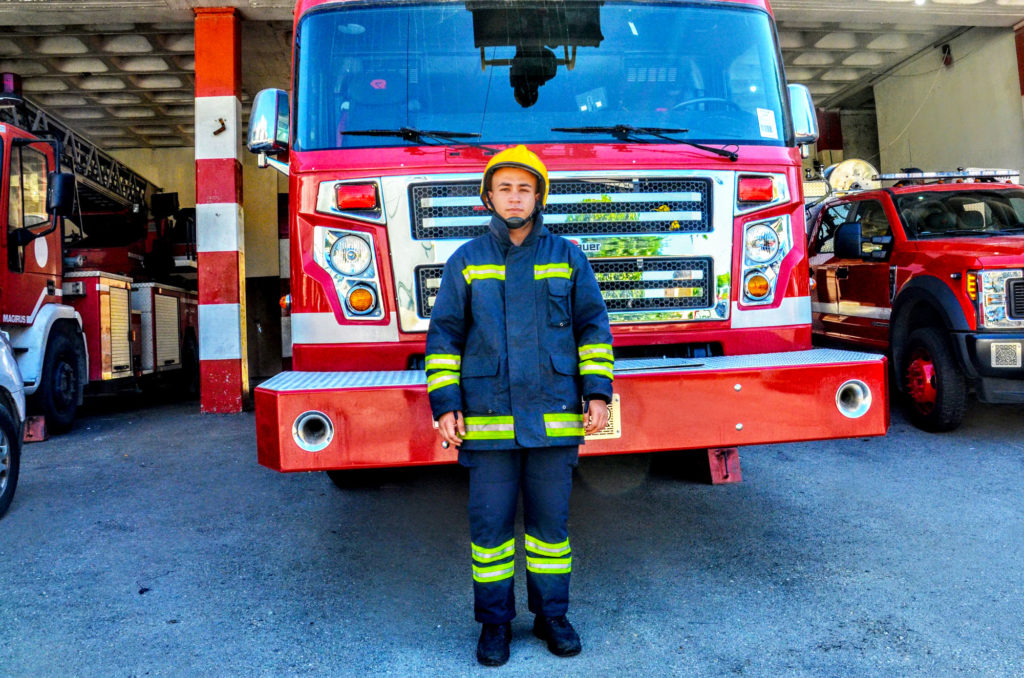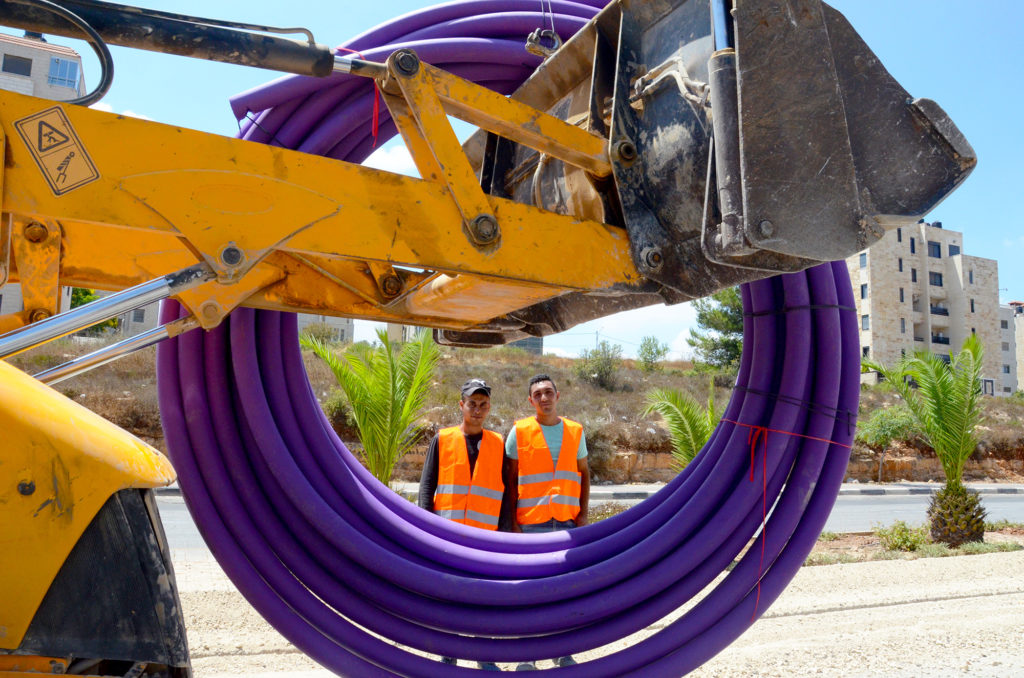Mar, 2010
Six kilometers east of Bethlehem lies Dar Salah, a remote town of 4,000 residents.
Mrs. Mubarak, a mother and housewife who has lived there her entire life. Like most of the town’s residents, Mrs. Mubarak and Mrs. Ibrahim have been leading complicated and stressful lives having to invent every way possible to find water for their families. They explain that the water network in Dar Salah was old and extremely deteriorated. Not only was the water contaminated and barely consumable, but the supply would get cut off on a regular basis.
“Sometimes we wouldn’t have water for an entire week,” says Mrs. Mubarak. “I had to walk 100 meters back and forth from the water well.” Since her husband and all her children were away at work every day, Mrs. Mubarak was the sole provider of water.
She described a long and strenuous process of filling bottles of water at the well, bringing them home, storing them in the shade of a tree, and then boiling the water to make sure it was clean and safe for consumption. Instead of complaining about the hard work she had to endure, though, Mrs. Mubarak said that the toughest part was making sure there was enough water for her husband and grown children to wash in preparation for prayer.
The lack of clean water was also major cause of financial worry to the residents of Dar Salah. Even the simplest task of preparing milk for her baby required Mrs. Ibrahim’s family to buy bottled mineral water, which was costly. “I was afraid for my baby,” she exclaimed, “I didn’t want him to get sick.”
All that now has changed for Dar Salah residents now that a new internal water network has been installed. With USAID funding, Anera has laid more than 7,000 yards of 2-inch pipes to over 100 households. Residents now enjoy affordable potable water in the comfort of their homes.
Mrs. Mubarak pointed at an old pile of water bottles she used to fill up and save in case the water was cut off. “I’m so glad I don’t have to use those anymore!”


